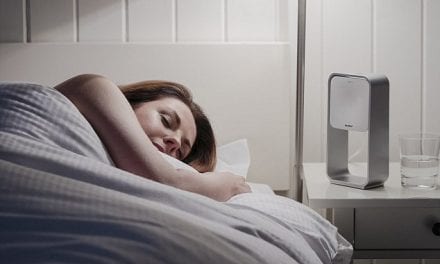A new study has found that sleep disturbances at any age are associated with diminished wellbeing in young children. The findings suggest health care providers should screen children for sleep problems at every age and intervene early when a sleep problem is identified, Science Daily reported.
The findings, which were published in the Journal of Child Psychology and Psychiatry, suggest health care providers should screen children for sleep problems at every age and intervene early when a sleep problem is identified.
“Our study shows that although those with persistent sleep problems have the greatest impairments when it comes to broad child well-being, even those with mild sleep problems over time experience some psychosocial impairments,” said Ariel A. Williamson, PhD, a psychologist in the Sleep Center and faculty member at PolicyLab and the Center for Pediatric Clinical Effectiveness at CHOP. “The range of impairments across academic and psychosocial domains in middle childhood indicate that it is important to screen for sleep problems consistently over the course of a child’s development, especially to target children who experience persistent sleep problems over time.”
The researchers examined data from an Australian birth cohort involving more than 5,000 patients. Caregivers reported on whether their children had sleep problems at multiple points in time, from birth through 10 or 11 years of age. To assess child well-being, which included psychosocial measures like self-control and emotional/behavioral health and academic performance measures, the researchers used a combination of reports from caregivers and teachers as well as child-completed assessments.




